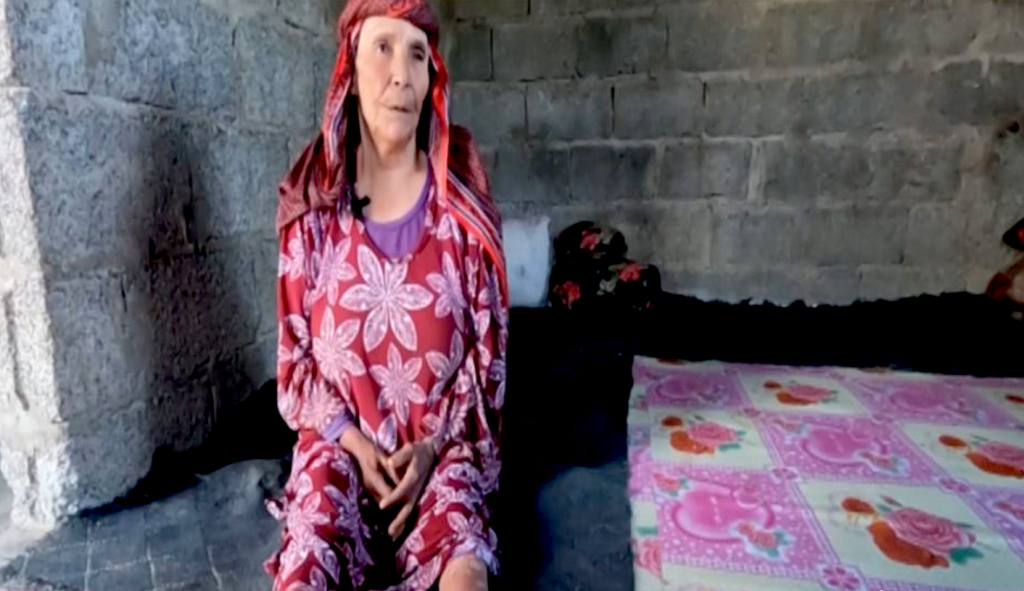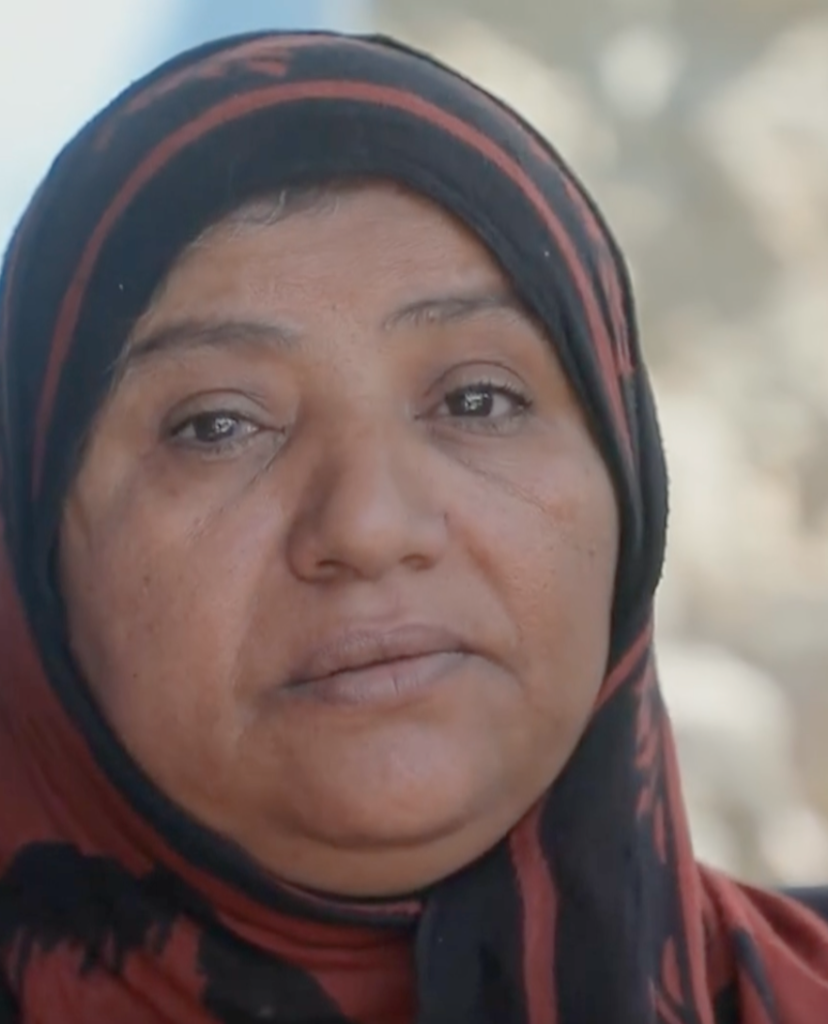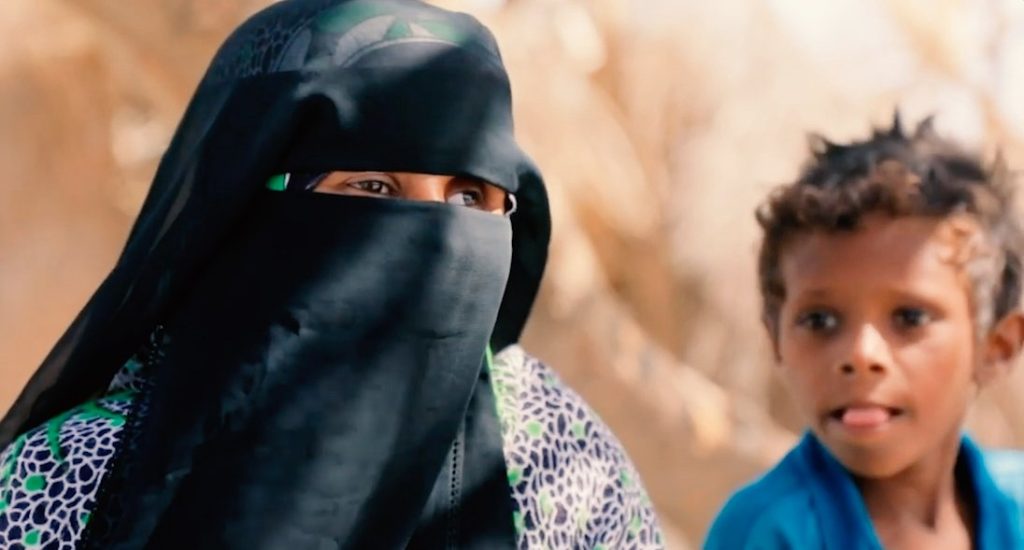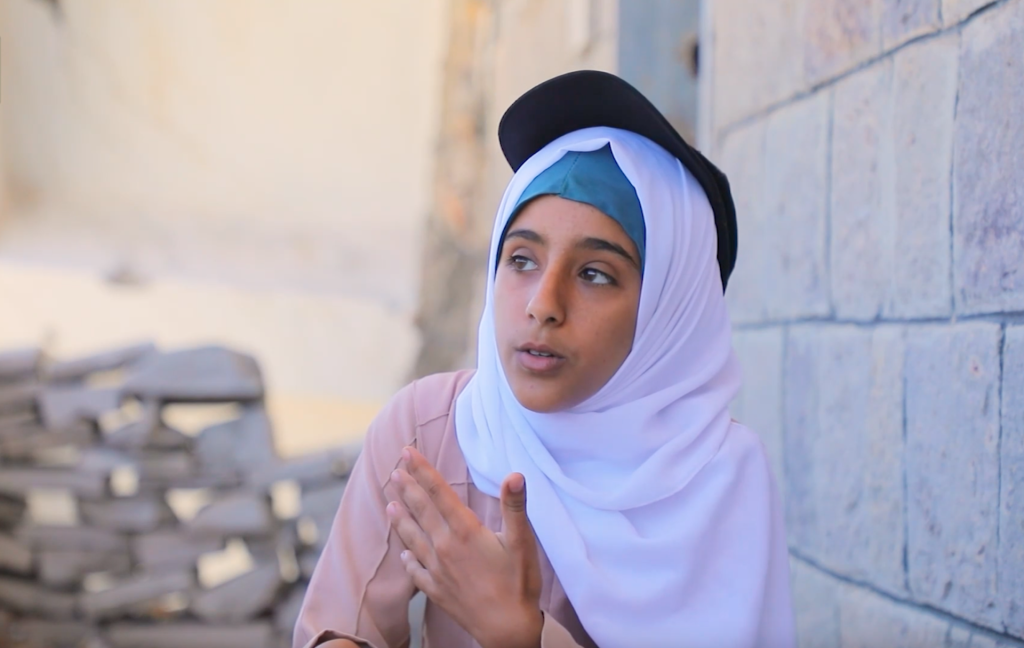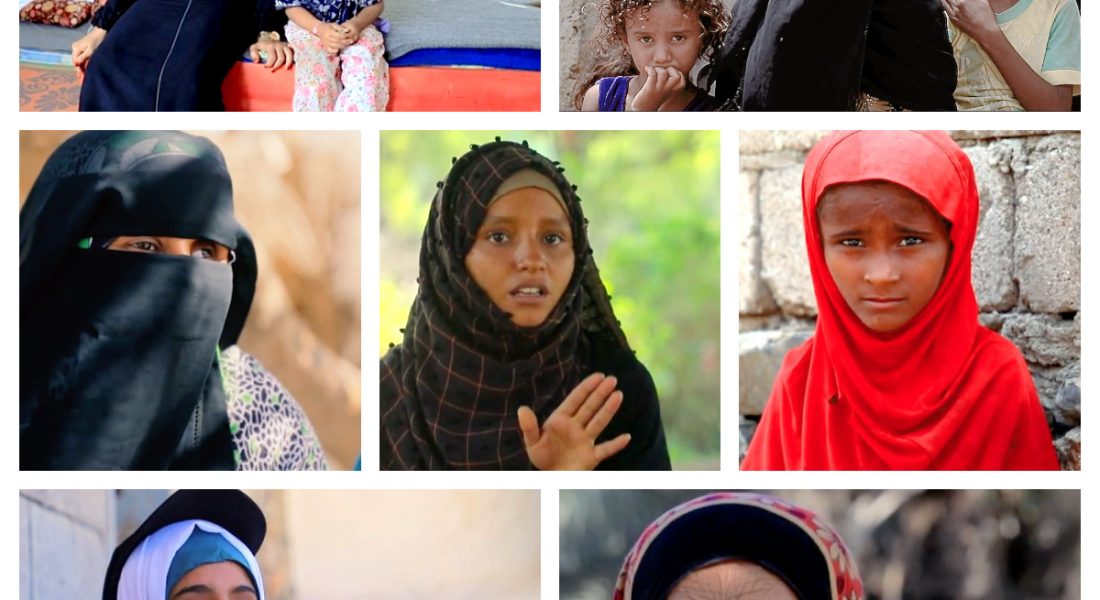At a time when we mark International Women’s Day on March 8 celebrating their achievements, ambition and leadership, many Yemeni women are struggling to live day by day and suffering from the pain caused by landmines planted by the Houthi militia in all the areas they controlled in Yemen.
Unfortunately, the gender dimensions of landmines is often overlooked and – whilst it is important not to generalise – it is widely reported that different gender groups are affected differently by the violence of landmines and explosive remnants of war (ERW). This is the case in Yemen, where women and men tend to do different work and have different responsibilities, as women tend to hold primary responsibility for household work and for the health care of family members and the care of dependants.
Today one of the most affected groups in Yemen, women face the loss of family members, amputation of their limbs and life-long injuries, psychological trauma, stigma and discrimination as well as loss of earnings or livelihoods.
According to latest statistics shared by the Executive Mine Action Centre in Taiz, 220 Yemeni girls and women were victims of landmines in the region between 2017 and February 2023. 17 of those were killed and 203 injured.
In the same period, landmines claimed 1,222 victims.
At Project Masam, we have chosen to share the stories of these girls and women, to highlight the difficult conditions in which they live today, as well as share the hope they share for a better life in a new Yemen.
Yemeni women’s voices
In the midst of the war rocking her area, Fatma Qaid, an older woman, walked on a landmine on the road. It badly affected her back and one of her legs was amputated. Today, Fatima spends most of the day on her dilapidated bed in her humble home.
The elderly woman said is no longer strong enough to walk aided, so she crawls. Other times, she said, she asks her son to help carry her. When Project Masam met Fatima, her son was by her side, putting a smile on her face. Fatima said what keeps her going is knowing that Allah is looking over her, and she prays that no more landmines will be planted to protect other innocent lives.
Jamila Qassim is another Yemeni woman whose life path was dramatically altered when she stepped on a landmine while tending sheep.
Jamila said: “I have been imprisoned by landmines with no fault of my own. I have been doomed to spend the rest of my life in the cage of permanent disability not able to do anything. Now I have nothing and cannot do anything but cry and pray for Allah’s help”.
Displaced Fatima Mohammad Haidar always dreamed of returning to her house after the end of the war in the area she used to live in with her family. When she decided it was time to return home, her family packed up their belongings are made the journey home. A short distance from their old house, explosions rocked the area.
“I lost my eyes, sister, and sister-in-law and my husband lost his lower limbs,” she said, explaining that her left eye was removed to the injuries sustained.
To alleviate the stigma, Fatima was fitted with prothetic eye. “Now, my eye doesn’t hurt, but I sometimes feel an ache in my head”.
Today, Fatima is the breadwinner and backbone of the family, ensuring her children don’t go hungry or thirsty and the house is warm.
Another woman impacted by the presence of landmines in Amna Ibrahim, who lives in Yemen’s Red Sea Coast Region. Her home stood in an area where Houthi forces made extensive use of landmines and other explosive devices.
“The Houthis entered our village and planted it fully with mines. They planted mines to kill the civilians and maim them,” Amna said. “My son went out to the coast, he went to work in the sea. Moments after he left the house, we heard an explosion. We went out to see what happened.” Her son’s car had hit an anti-tank mine. “We found my son under the car. He was dead, and his car was destroyed.”
Amna explained her beloved son’s death had a huge impact on her family life. He was the breadwinner. “My son was working hard in the sea to provide for us. He had three children, this is Dhi’a, his son,” Amna added, as little Dhi’a stood close to his grandmother, who now has to care for him and his siblings.
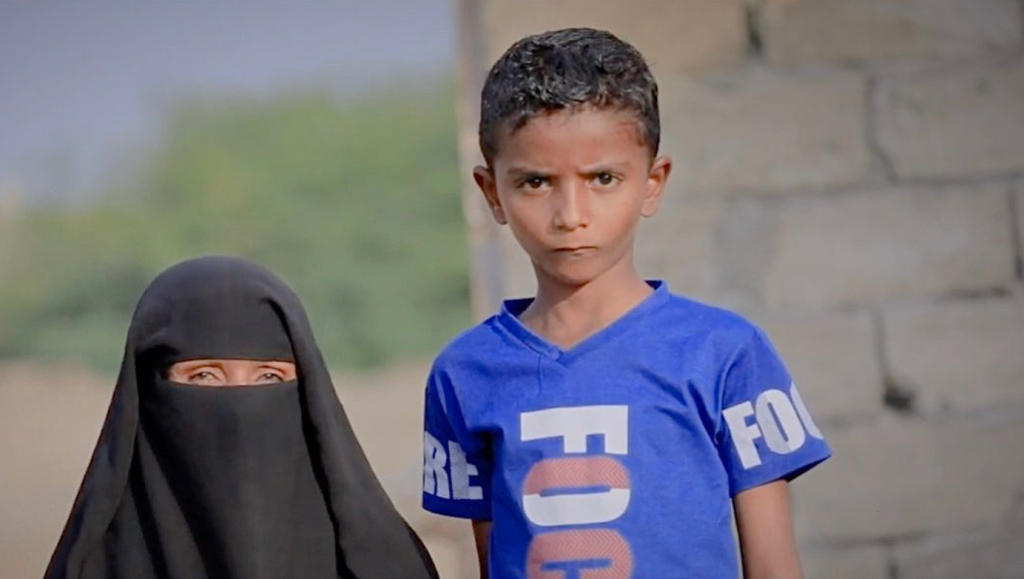
Saliha Abdah lives in a simple house made of concrete blocks. Her three young children huddled around her; Saliha tended to avoid gazes. “We were displaced when the war started; the Houthis entered our region and planted landmines. I went to the mountain to collect wood. Suddenly, a landmine exploded under me. The explosion led to the amputation of my leg, under the knee.”
This incident, she said whilst picking the skin on her fingers, signified a brutal change in her life. Unfortunately, in Yemen and in many countries around the world, landmine survivors often face stigma and multiple forms of discrimination from their own family or the community around them.
Unable to face the responsibilities and physical burden resulting from her landmine injury, Saliha’s husband left the family. Despite her injuries, Saliha is fighting to ensure her children are protected, cared for, and have a bright future.
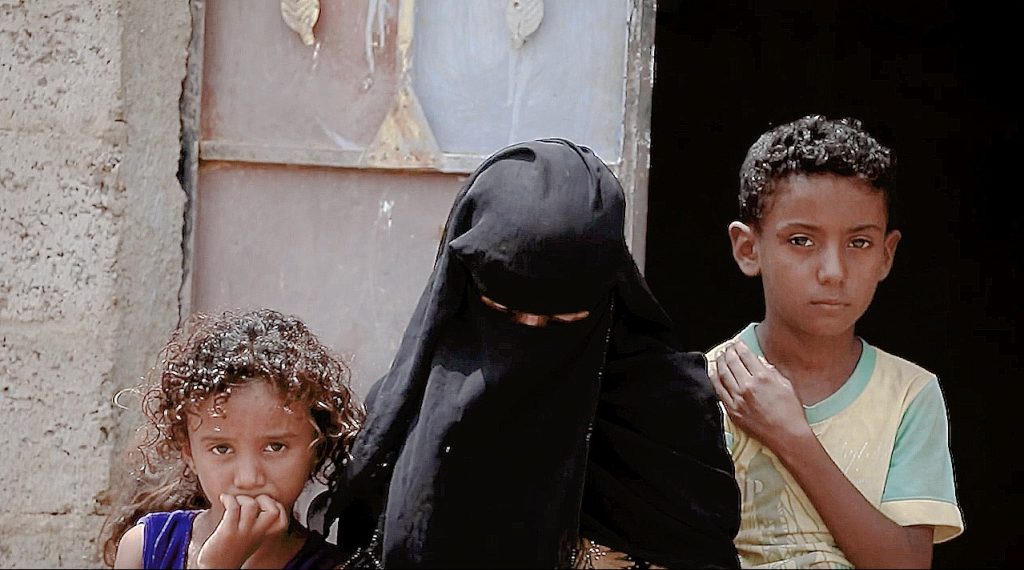
Houthi landmines are also depriving thousands of girls of pursuing their education. Maymouna Suleiman, a student at Al-Shaab School, explained Houthi mines destroyed the dream of hundreds of her peers from continuing their education in the village of Akkad in Jabal Habashi.
“Our school was big and beautiful, and one morning we woke up to find our school destroyed and the classrooms levelled,” Suleiman said. “My friends in the village of Akkad had to go to other areas far from their homes on foot, after half of their school was destroyed in order to continue their education, and most of them fully stopped studying.”
Maymouna said she hopes to complete her education and go to university to realise her dream of becoming an engineer. Discussing her ambitions, Maymouna said: “I want to be an engineer to contribute to the rebuilding of my school that was destroyed by landmines and help the next generation of pupils to learn in big classrooms near their houses.”
